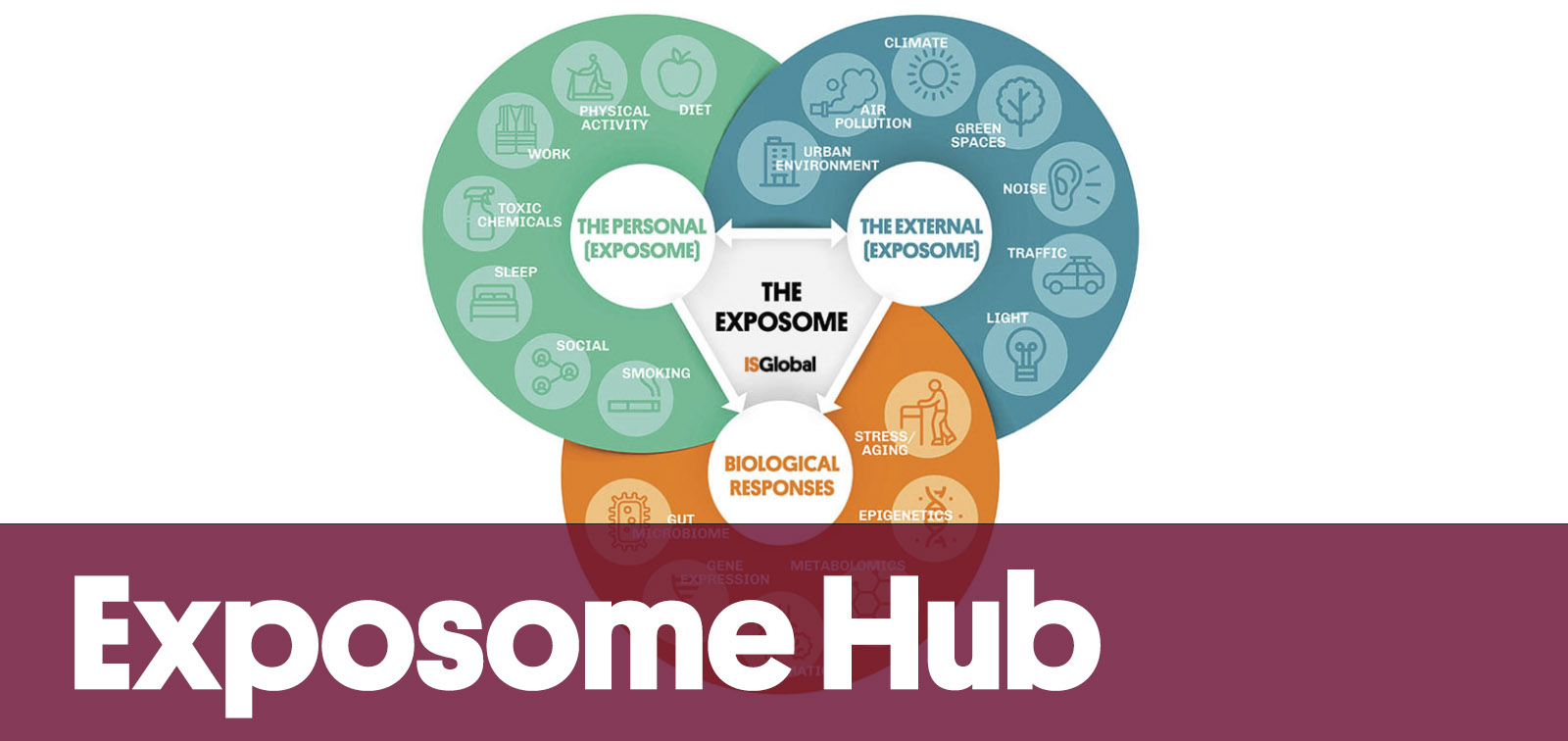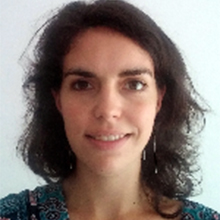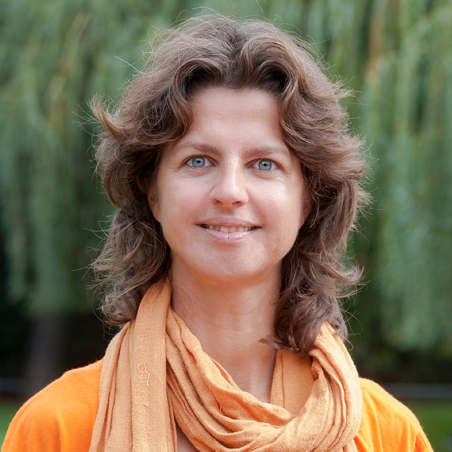Introduction to the Exposome Hub
The Exposome Hub at ISGlobal aims to bring together a network of researchers from across ISGlobal’s research programmes, and beyond, to continue developing innovative tools and methods for studying multiple environmental hazards and their associated health effects.
We organise monthly seminars featuring invited experts who present on specific topics (e.g. exposome and brain health, the social exposome, exposome in LMICs). These sessions are held one Thursday a month, from 12 to 1 p.m. CET, and are intended to be shared among researchers working on related areas. Additionally, we organise regular online courses and workshops (more information below).
While based at ISGlobal, the Hub is also open to researchers from other institutions, fostering collaboration and connections both within and beyond ISGlobal.
How to join the hub
If you would like to join the hub, please complete this form. By signing up, you will receive invitations to our monthly seminars, as well as our newsletter, which is sent out every month or two and includes information about upcoming conferences, workshops, job opportunities and the latest publications in the exposome field.
The importance of the exposome in research
Environmental hazards account for a probably large, but not well-characterised, proportion of the burden of disease. The exposome, described as "the totality of human environmental exposures from conception onwards", recognises that individuals are simultaneously exposed to a multitude of different environmental factors, and adopts a holistic approach to identifying the aetiological factors of disease.
The main advantage of the exposome over traditional ‘one-exposure-one-disease’ study approaches is that it offers an unprecedented conceptual framework for studying multiple environmental hazards (urban, chemical, lifestyle, social) and their combined effects.
The most recent definition describes it as an integrated compilation of all the physical, chemical, biological and psychosocial factors —and their interactions— that impact biology and health, according to the International Human Exposome Network (IHEN).
Promises of the exposome
- Holistic → Complex systems, multiple exposures, mixtures.
- Life course → Temporal sequence.
- New tools and technologies → Coverage and accuracy of exposures (omics, sensors, etc.).
- Internal exposome → Early biological responses.
- Untargeted discovery → Unknown exposures.
ISGlobal's role in exposome research
ISGlobal has established itself at the forefront of international exposome research through its coordination of, and partnership in, several large international exposome projects funded by the European Commission (see projects below).
ISGlobal’s Exposome Research Hub brings together a cross-faculty network of researchers across the following programmes:
This is to promote excellence, innovation and collaboration in exposome research, and to meet the training needs of researchers in this field.
Large Exposome Projects at ISGlobal
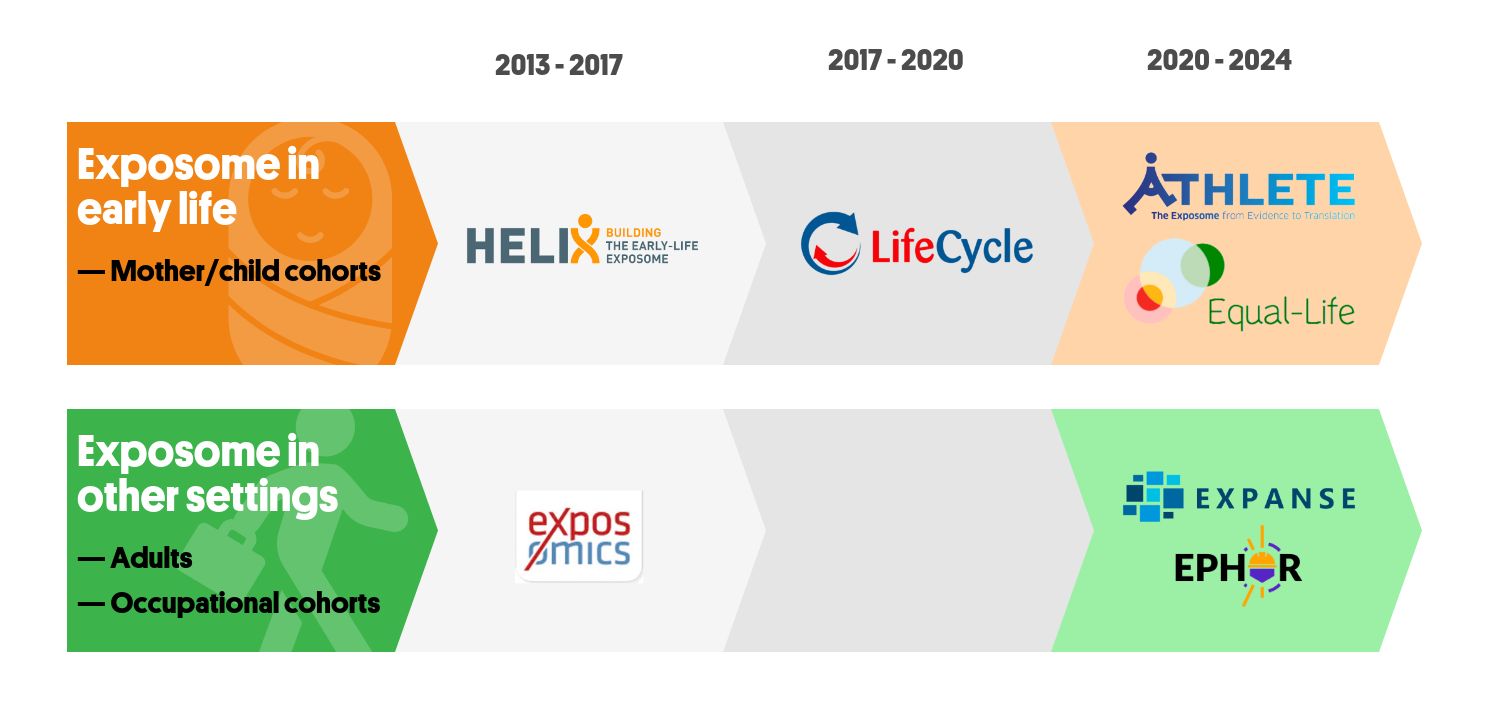
Lines of research across ISGlobal programmes
- Internal exposome: chemical exposures and endocrine disruptors.
- External exposome: urban environment (e.g. air pollution, noise, built environment including green spaces); GIS-based exposure characterisation; and modelling and measurement of exposures.
- Working-life exposome: harmonisation of occupational exposure assessment across Europe (EuroJEM).
- Biological responses/internal exposome: studied through omics technologies, epigenetics, transcriptomics, inflammatory proteins, allostatic load, accelerated ageing, gut microbiome and metabolomics.
- Cohort implementation and harmonisation: mega-cohorts for occupational health, longitudinal mother-child cohorts, adult cohorts, and mega-cohorts from administrative data.
- Exposure and health: mental health and neurodevelopment, cardio-metabolic health, obesity, and respiratory health.
- Bioinformatics for multi-omics integration and federated data analysis (analyses conducted when data are stored in federated databases or, more generally, across different repositories, e.g. DataSHIELD).
- Advanced data modelling for exposure mixtures and causal inference.
- Characterisation of air from urban and rural environments: determination of physical properties of particles (from coarse to ultrafine), and analysis of their chemical (e.g. metals, non-metals) and biological (e.g. bacteria, fungi, viruses) composition. AIRLAB: core facility laboratory.
Resources and past events
- Workshop series: Multi-Omics Data Integration in Human Exposome Studies – Link to materials (Nov–Dec 2024)
- The Barcelona Exposome Symposium (Sept 2024)
- Exposome Data Challenge: state-of-the-art methods (2021)
- Exposome Toolbox: a curated collection of research tools for exposome studies from the International Human Exposome Network (IHEN)
- European Health Research Data and Sample Catalogue: a collaborative effort to integrate the catalogues of diverse EU research projects and networks, aimed at accelerating data reuse and improving citizens’ health
To learn more
Follow our hybrid seminars and sign up for the hub newsletter (see previous editions):
Join the International Human Exposome Network (IHEN).
More Information
Join our conversation on social media
Follow and use the hashtag #ISGlobalexposome to explore our team’s posts and share your own thoughts on the topic.
Our Team
Hub Coordinator
-
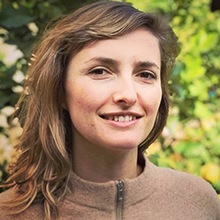 Lea Maitre Assistant Research Professor
Lea Maitre Assistant Research Professor
Hub Project Manager
-
 Sara Stanulovic Project Manager
Sara Stanulovic Project Manager
Hub Committee
-
 Payam Dadvand Research Professor
Payam Dadvand Research Professor -
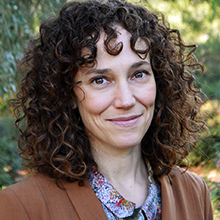 Cathryn Tonne Research Professor
Cathryn Tonne Research Professor -
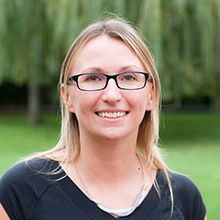 Michelle Turner Associate Research Professor
Michelle Turner Associate Research Professor -
 Martine Vrijheid Research Professor and Head of the Environment and Health over the Lifecourse Programme
Martine Vrijheid Research Professor and Head of the Environment and Health over the Lifecourse Programme
Projects
YEAH!
Youth hEAlth from a Holistic perspective
ENDOMIX
Understanding how endocrine disruptors and chemical mixtures of concern target the immune system to trigger or perpetuate disease
EXOMAIR
Hacia una Medicina de Precisión: Análisis del Exposoma y Omicas usando Inteligencia Artificial Explicable para estudiar su impacto durante la vida en la Obesidad, Insulino Resistencia y salud metabólica
IHEN
International Human Exposome Network
ATHLETE
Advancing Tools for Human Early Lifecourse Exposome Research and Translation
Other projects
PRISMA-CAT
Protecting Respiratory Health in Catalonia: Climate, Pollution, and Patient Perspectives
PULSE-ART project
Promoting Understanding and Lifelong learning Successful Education through the ARTs and culture
ENDOMIX
Understanding how endocrine disruptors and chemical mixtures of concern target the immune system to trigger or perpetuate disease
HHS-EWS
Operational Heat-Health-Social Early Warning System
FORECAST-AIR
Open-Access Forecasting System of the Health Effects of Air Pollution
ADATES
Adapting to temperature extremes in a changing climate: Past trends and future scenarios
B-COOL@HOME
Cooling older adults' homes in Barcelona
AM-MENTAL
What happens with your mental health when your supervisor is an algorithm?


